|
Communion, Eucharist, Lord's Supper--do all of these, and more, mean the same thing?
When we take communion during a worship service, what are we doing? Do we think about it? While we've been talking about community, we need to finish with the most important thing that brings us together as a church. (And I'm talking about church throughout the centuries, not just the one we happen to be attending today.) Communion comes from the same word as community--and they both emphasize the fact that believers are supposed to share in common with one another. So when we take communion, it's more than a personal act. It's a shared experience of the presence of God. We often make several mistakes thinking about communion.
Be the Best at Showing HonorAnyone want to recap so far?
Big ideas we’ve covered in Romans 12: 1. The kingdom of God is to be a welcoming community 2. Our sacrifice of worship is turning our minds and hearts over to God, out of gratitude for God’s mercy, and saying “Your will be done.” 3. Renewed minds give us an “other” orientation instead of a “me” one. 4. We can’t live in unity with our Christian siblings unless we’re willing to live in honesty. Moving on in Chapter 12 Romans 12.4-13 4 We have many parts in one body, but the parts don’t all have the same function. In the same way, though there are many of us, we are one body in Christ, and individually we belong to each other. In his grace, God has given us different gifts for doing certain things well. If your gift is prophecy, you should prophesy in proportion to your faith. If your gift is service, devote yourself to serving. If your gift is teaching, devote yourself to teaching. If your gift is encouragement, devote yourself to encouraging. The one giving should do it with no strings attached. If God has given you leadership ability, take the responsibility seriously. And if you have a gift for showing kindness to others, do it gladly. 9 Don’t just pretend to love others. Really love them. Hate evil, and hold on to what is good. Love each other like the members of your family. Be the best at showing honor to each other. Delight in it! Don’t hesitate to be enthusiastic—be on fire in the Spirit as you serve the Lord! Be happy in your hope, stand your ground when you’re in trouble, and devote yourselves to prayer. Contribute to the needs of God’s people, and welcome strangers into your home.
Trivia Questions
Extra credit for both: Why don't we have unicorns? Most creative answer wins Text answers to: 630-439-6290 Email answers to: [email protected] You can use your Bible as a resource, but NO GOOGLING Points accumulated at the end of June. Winner will receive a gift card. Spoken Words
Psalm 46 God is our refuge and strength, always ready to help in times of trouble. So we will not fear when earthquakes come and the mountains crumble into the sea. Let the oceans roar and foam. Let the mountains tremble as the waters surge! Interlude A river brings joy to the city of our God, the sacred home of the Most High. God dwells in that city; it cannot be destroyed. From the very break of day, God will protect it. The nations are in chaos, and their kingdoms crumble! God’s voice thunders, and the earth melts! The Lord of Heaven’s Armies is here among us; the God of Israel is our fortress. Interlude Come, see the glorious works of the Lord: See how he brings destruction upon the world. He causes wars to end throughout the earth. He breaks the bow and snaps the spear; he burns the shields with fire. “Be still, and know that I am God! I will be honored by every nation. I will be honored throughout the world.” The Lord of Heaven’s Armies is here among us; the God of Israel is our fortress. Songs
ScripturesDeuteronomy 5.12-15 Observe the Sabbath day by keeping it holy, as the Lord your God has commanded you. Six days you shall labor and do all your work, but the seventh day is a sabbath to the Lord your God. On it you shall not do any work, neither you, nor your son or daughter, nor your male or female servant, nor your ox, your donkey or any of your animals, nor any foreigner residing in your towns, so that your male and female servants may rest, as you do. Remember that you were slaves in Egypt and that the Lord your God brought you out of there with a mighty hand and an outstretched arm. Therefore the Lord your God has commanded you to observe the Sabbath day. Graphics Discussion Questions 1. What would grasping the concept of "You are God and I'm not" do for us?
2. Nuach vs. Sabbath: settling into the place where you've stopped to rest vs. taking time to rest. How do we see the difference? 3. God settled into God's kingdom. And he wants us to as well. How can we "settle in" to God's kingdom? 4. How do we set boundaries to rest? |
Author
Real Hope Sermon Notes Archives
October 2023
Categories |

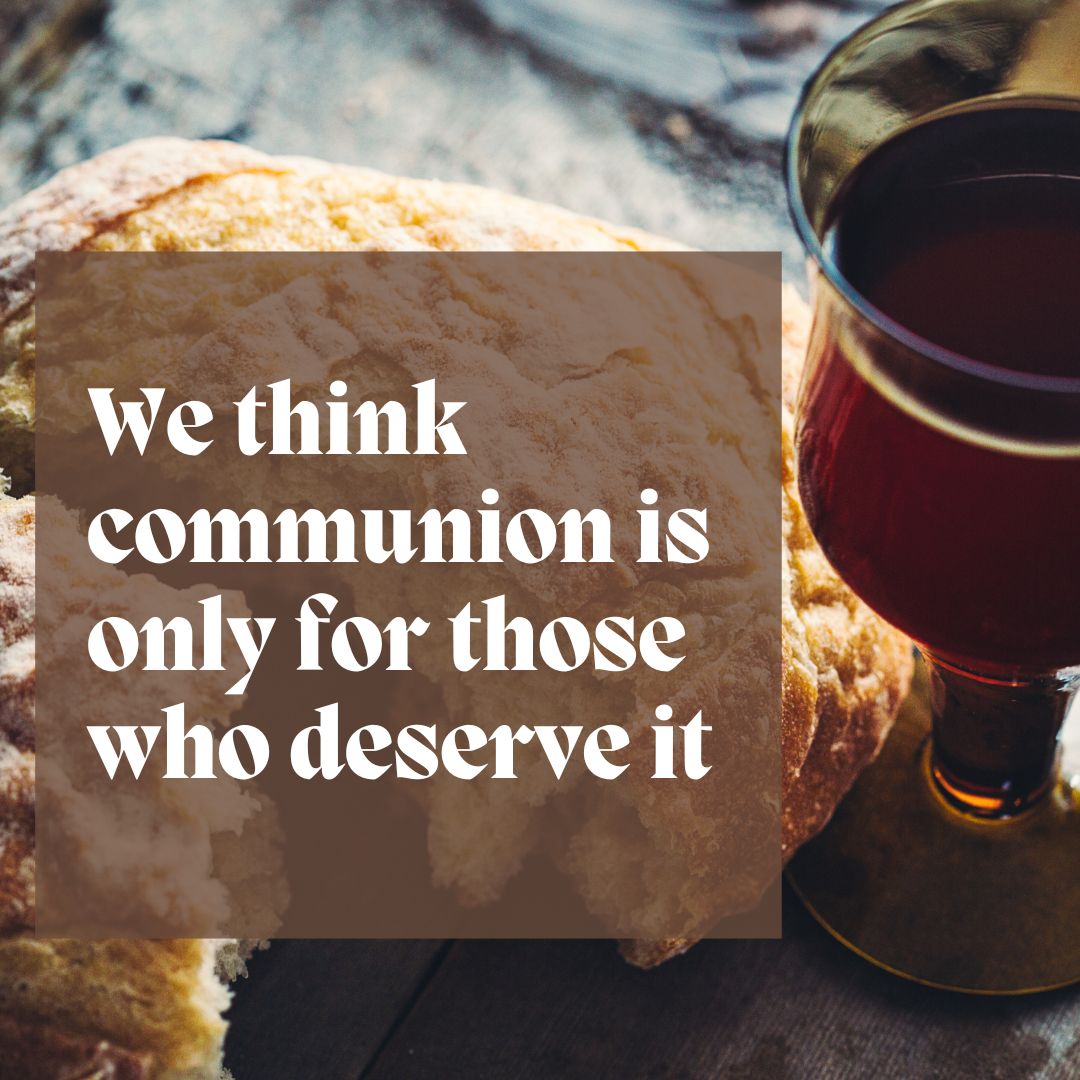
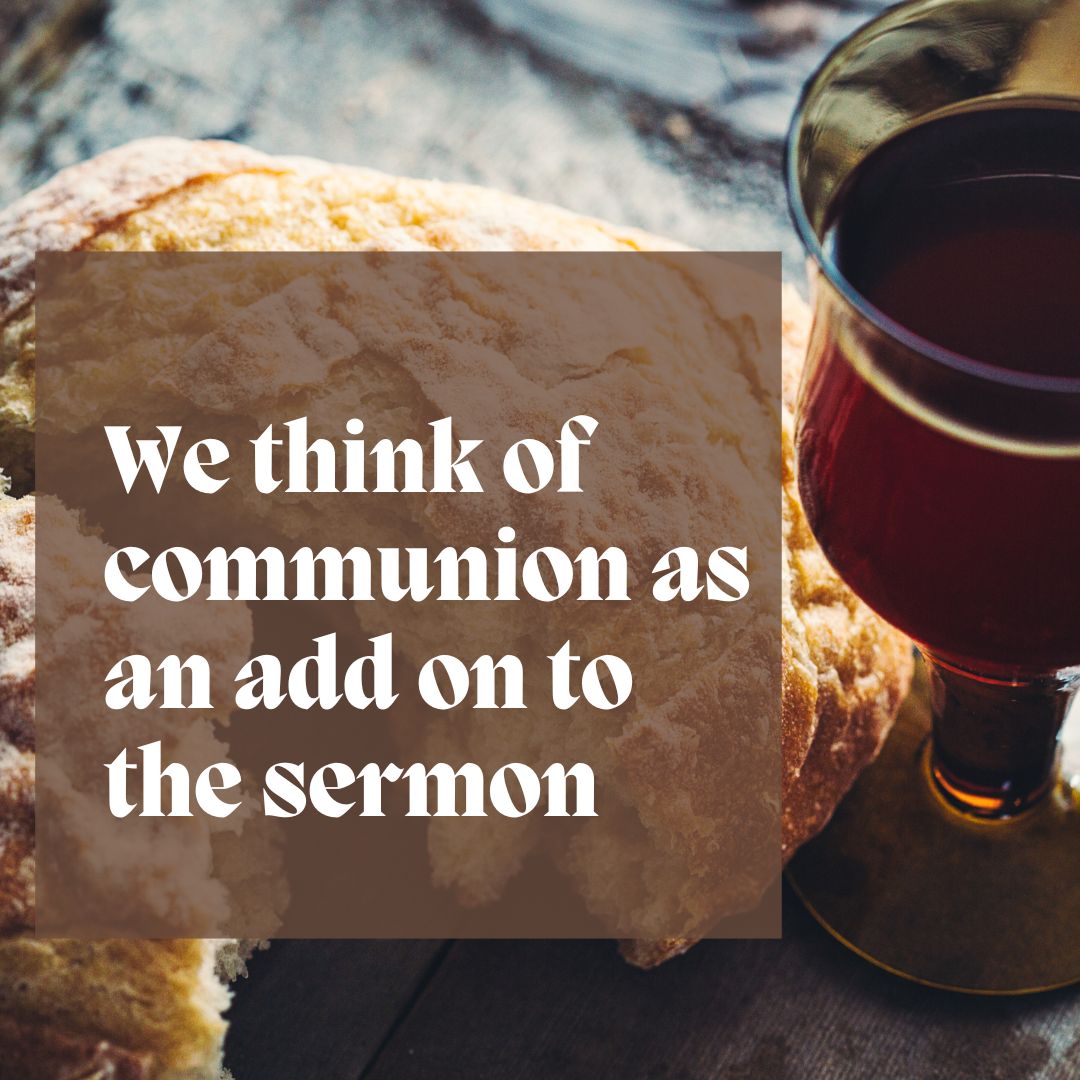

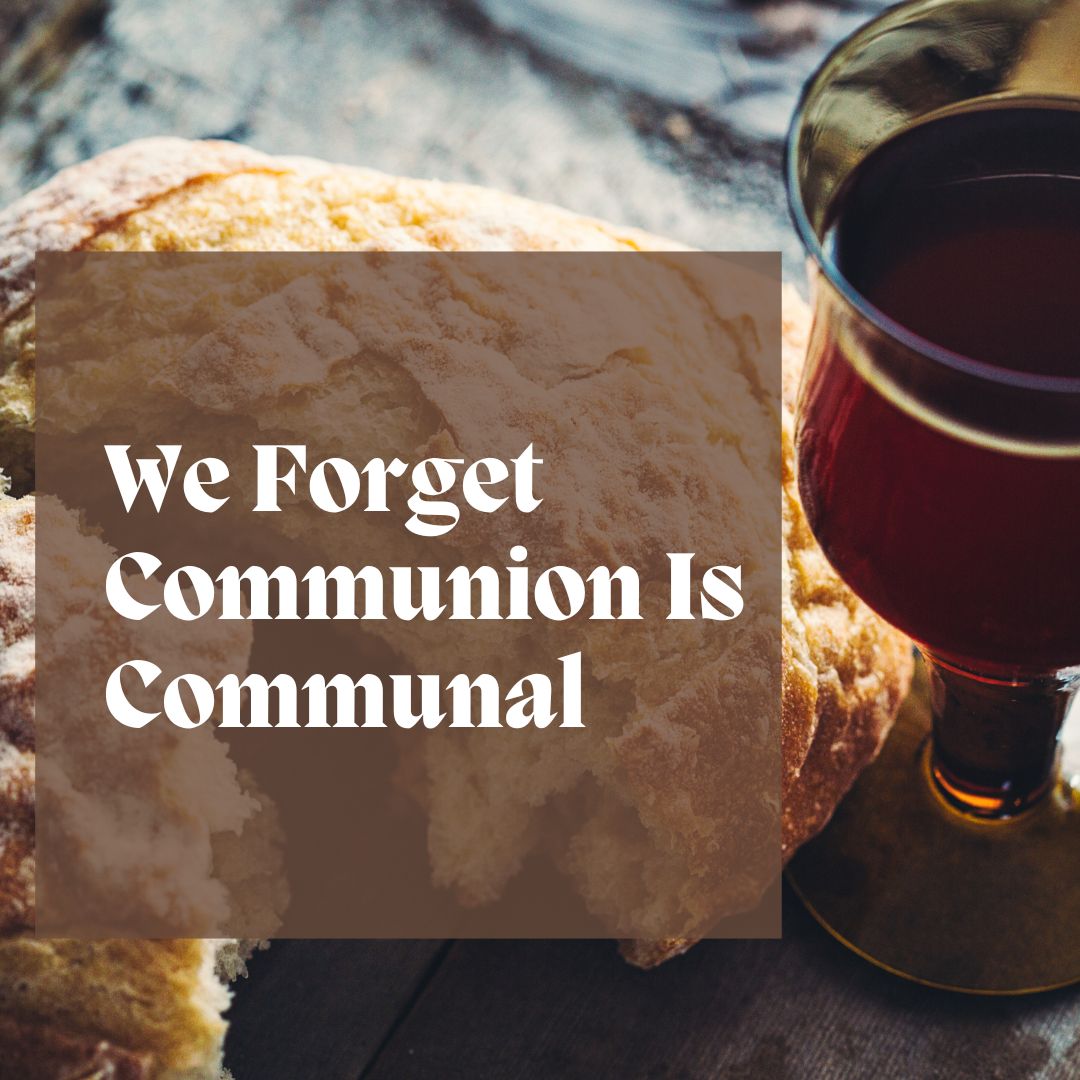
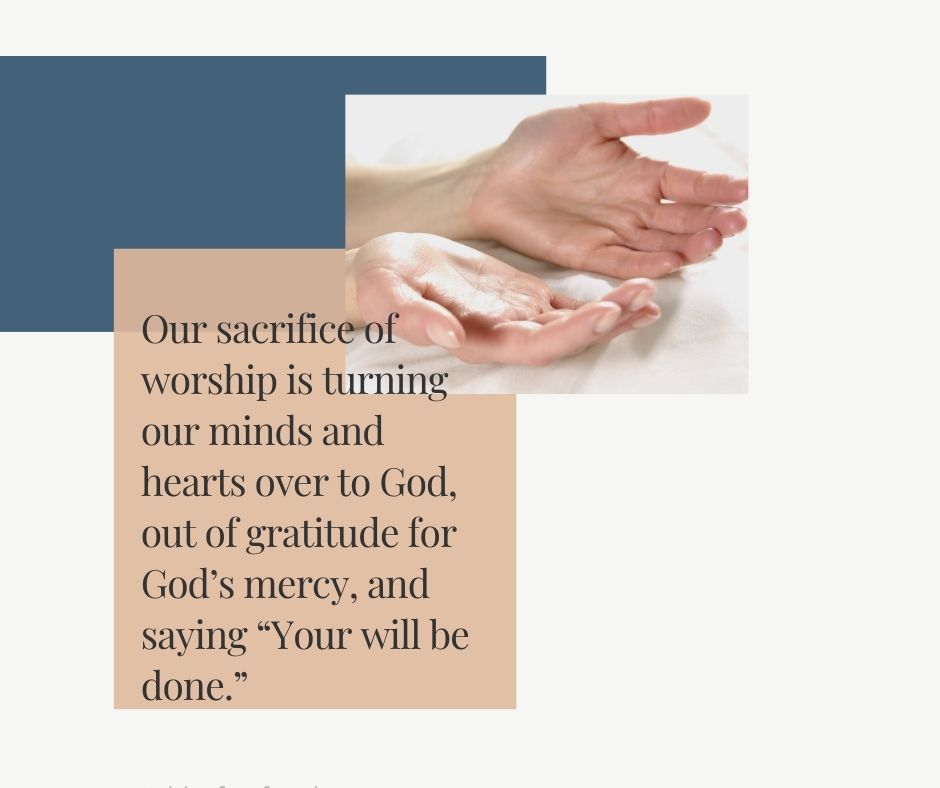
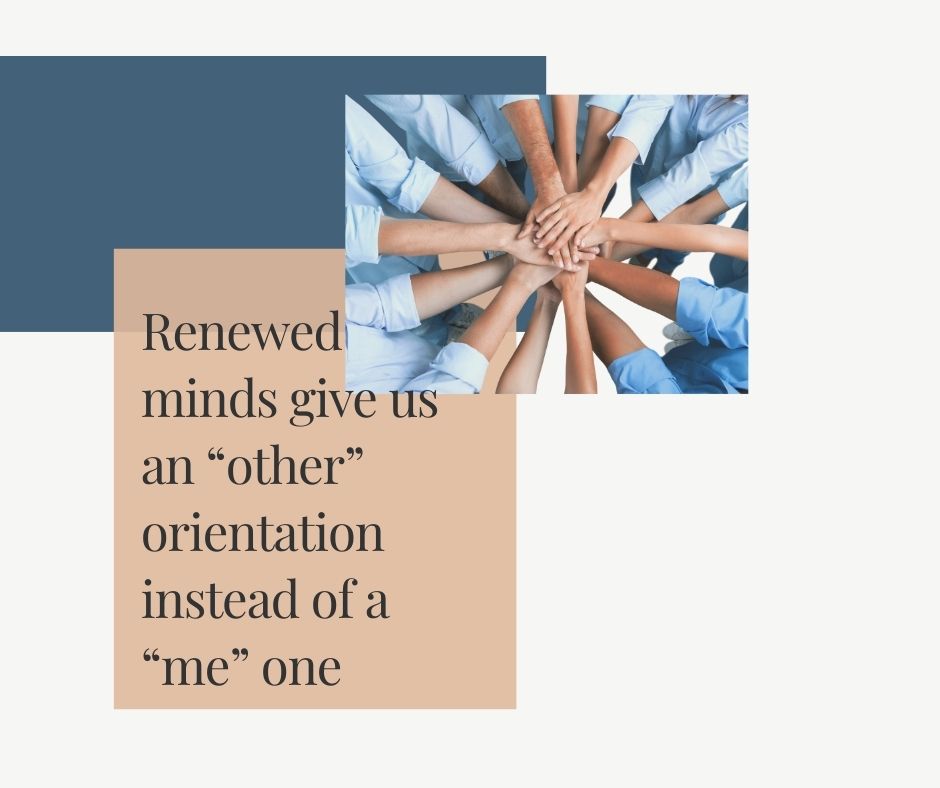
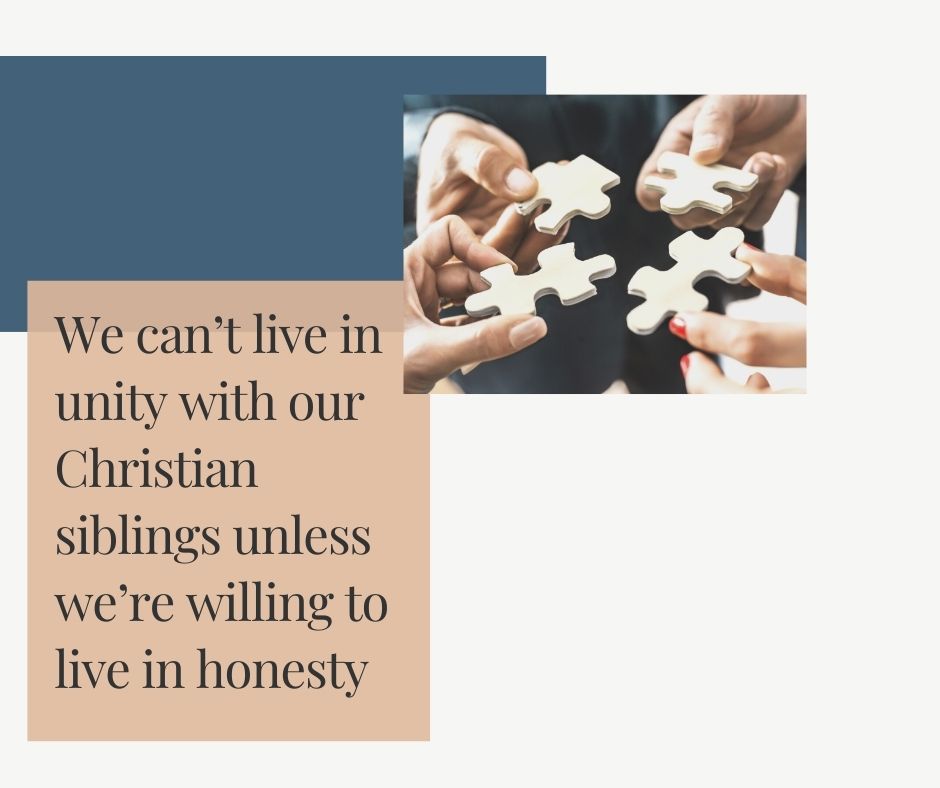



 RSS Feed
RSS Feed